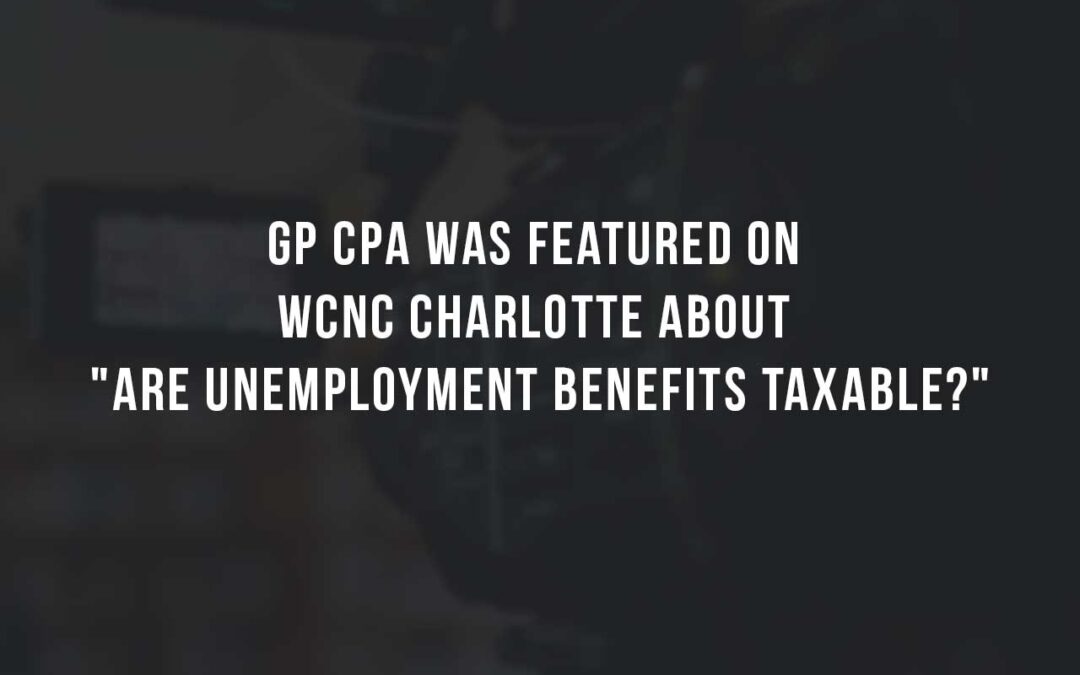CALL US
(980) 237-1714
Email us
justin@pruscpa.com
Friday 09:00 - 15:00
Mon - Thu 09:00-17:00
Depreciation options
Estimated Reading Time: 3 minutes 25 seconds
Dear GP CPA Client: We are wrapping up the Company’s tax returns and would like to make you aware of an option that the Company is eligible to make based on the new tax laws passed in 2017.
This option relates to depreciation, which for many business owners, is a big reduction in their tax bill. In your/the Company’s case, the leasehold improvements and equipment purchases are nearly 100% deductible, which creates a potential $500,000 loss for 2018 income taxes. This is an extraordinary amount and definitely would stand out in comparison to the last several years of tax returns that have been filed. If you were not otherwise in a higher income tax bracket and the loss was not so large, this would not even be an issue.
Depreciation in your company
The option(s) that you have is to take a portion of the depreciation in year one, 2018 and then stretch the remainder of the depreciation over the next few years. You/the Company can also take the full depreciation expense for 2018, which will offset current year income and reduce the next year (or two’s) income as well. Either of those options is fully supportable by the documentation we have; however, the larger loss is certainly on the aggressive side and raises the possibility of the IRS attention simply due to the large amount and the dynamic change from last year’s income to a large loss.
The other issue that we have run into before with financed deductions is matching up deductions with cash flow. When a large depreciation deduction is taken upfront and then loan payments stretch out over a few years, there is a mismatch between cash flow and deductions. Future loan payments will be a use of cash – and not part of the deductions – which can create a cash crunch when the tax is due in the future. If the full depreciation expense is not taken for 2018, then future deductions will more closely align with loan repayments and reduce future tax bills.
I realize that this is a complicated scenario to consider and there are several possible outcomes to consider. Please let me know if there would be a good time to speak about this next week.
Best Regards,
GP CPA
Related Articles

GP CPA was featured on WCNC Charlotte about “Are Unemployment Benefits Taxable?”
We are glad to inform you that Justin Prusiensky, Chief Executive Officer of the GP CPA P.C. was featured on WCNC Charlotte coverage about “Are Unemployment Benefits Taxable”.

The Employee Retention Credit (ERC)
The Employee Retention Credit (“ERC”) has had some upgrades and retrofits to some of the basic calculations with the most recent (12.27.20) CARES Act changes.

Good Riddance, 2020
What is new in 2021? Meals in 2021 are once again 100% deductible, the next round of PPP funding is coming and the Employee Retention Credit (ERC) has been changed.

How to Persuade Clients to Change Banks. Listen to Justin Prusiensky’s Guest Appearance on the Relay Financial Webinar
Our expert accountant Justin Prusiensky was recently interviewed as a guest speaker by Relay Financial to discuss how to persuade clients to change banks.

What Tax Breaks Changed From 2018?
Congress extended some of the tax breaks retroactively to January 1, 2018. They now expire on December 31, 2020. Learn more about tax breaks that have been extended.

Dear Client, I have good news!
Since we now have less than 90 days left in the year, kindly keep me apprised of when you expect the major revenue collections to be during the next few weeks and we can adjust accordingly.
Comments


0 Comments